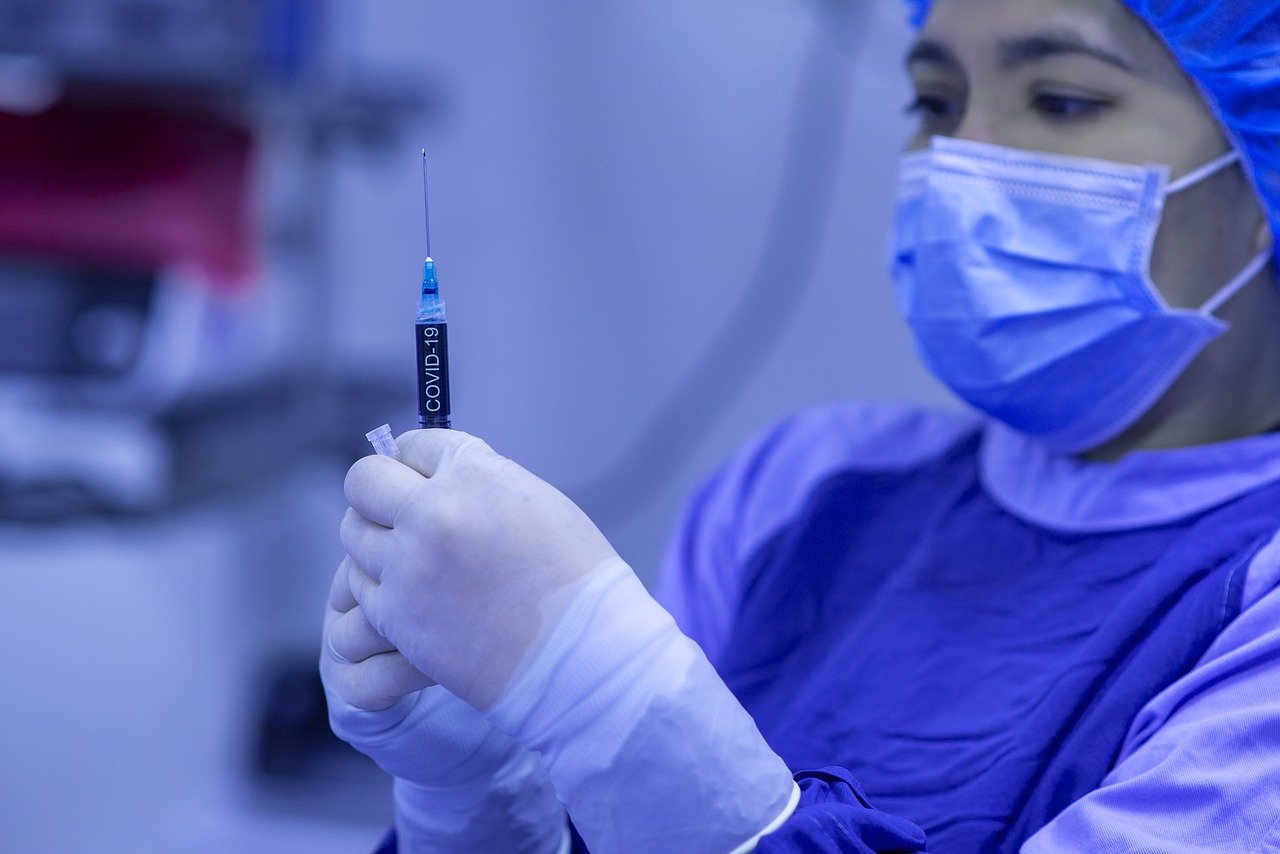
Widespread Covid-19 testing was able to stop asymptomatic spread among Marine recruits, according to a new study.
Findings suggest that testing for the coronavirus helped to stop asymptomatic spread among about 2,000 Marine recruits. This is considered proof that frequent testing can control the spread.
Dr. Stuart Sealfon, the senior author of the paper and a neurologist at the Icahn School of Medicine at Mt. Sinai in New York City, explained that the results show that widespread testing must supplement public health measures to manage the outbreaks.
“You need to put all of these infection control measures in place as best as you can, and you need to supplement them or integrate them with as much testing and as frequent testing as you can manage,” he said in a phone interview. He stressed that “you can’t rely on testing alone,” either.
The Centers for Disease Control and Prevention previously said individuals who were exposed to a Covid-19 patient but were not manifesting any symptoms did “not necessarily need a test.” In September, the agency reversed this rule, noting that people with no symptoms who have been in exposure to an infected person “need a test.”
Testing stops asymptomatic spread
Results of the new study emphasize the importance of frequent testing as support to infection prevention measures, Sealfon said.
The study, funded by the Defense Health Agency, Naval Medical Research Center, and the Defense Advanced Research Projects Agency, observed 1,848 Marine recruits at basic training on Parris Island in South Carolina from May 12 to July 15. The average age of respondents was 19, according to the study.
The recruits were first asked to quarantine at home for two weeks before the training started. They underwent a supervised two-week quarantine at a college campus, the study says. Recruits were also asked to observe public health guidelines, including mask-wearing and social distancing.
Researchers tested all respondents within two days, seven days, and 14 days of arrival on Pettis Island using a nasal swab molecular test.
The study discovered that 16 of the recruits contracted the virus upon enrollment within two days of arrival despite their being quarantined for four weeks beforehand. Another 24 became Covid-19 positive seven days after arriving on the base, while 11 more recruits contracted the virus on day 14. Only five participants manifested any symptoms of Covid-19.
Meanwhile, 26 recruits, who were not involved in the study, got the virus on day 14, the study shows.
Harm van Bakel, a geneticist at Mt. Sinai’s Icahn School of Medicine, held genetic sequencing of the virus to better determine how it was infecting the population. He said there were six distinct clusters of infections on the base amid all the public health protocols the Marine Corps had implemented.
“If you don’t do frequent and broad testing in this kind of young adult cohort, then it’s very difficult to find all positive cases,” he said. “So relying only on symptom screening, social distancing, mask wearing guidelines, it is still possible to miss cases.”
“The public health measures are very important, but they’re not enough,” Sealfon said. “This is a tough virus. You can’t let your guard down.”






